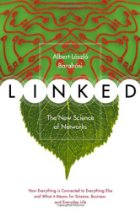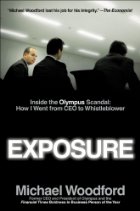Underground Railroad: The William Still Story (DVD)
William Still was one of the most important, yet largely unheralded heroes of the Underground Railroad. Still was determined to get as many runaways as he could to “Freedom’s Land,” smuggling them across the US border to Canada. Bounty hunters could legally abduct former slaves living in the so-called free northern states, but under the protection of the British, Canada provided sanctuary for fugitive slaves.
Still kept meticulous records of the many escaped slaves who passed through the Philadelphia ‘station’ of the Underground Railroad. His notes provide some of the best evidence of the workings of the Underground Railroad, detailing the freedom seekers who used it, including where they came from, how they had escaped, and the families they left behind.
Today, Still’s book, a compilation of the secret notes he kept during those years, is regarded as the most authentic account of some of America’s most heroic stories. It was an extraordinary risk to keep such records, risking his own freedom to be able to tell the stories of those who had the courage to run. But it was worth the risk. After meeting his own long-lost brother while working in the Pennsylvania Anti-Slavery office, he was determined to reunite families separated by slavery. His compelling story is one of North America’s greatest sagas




